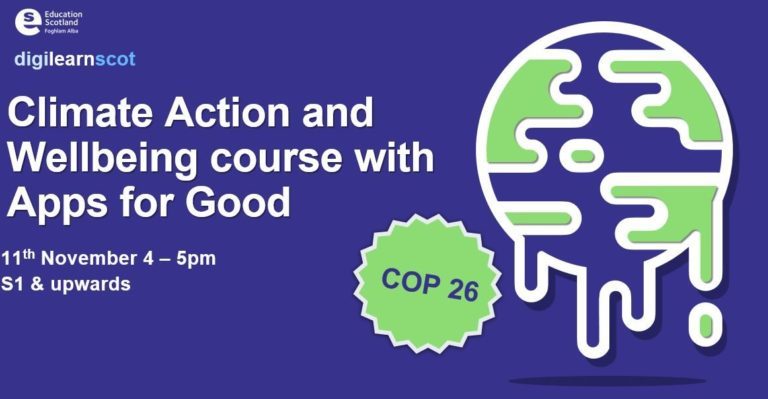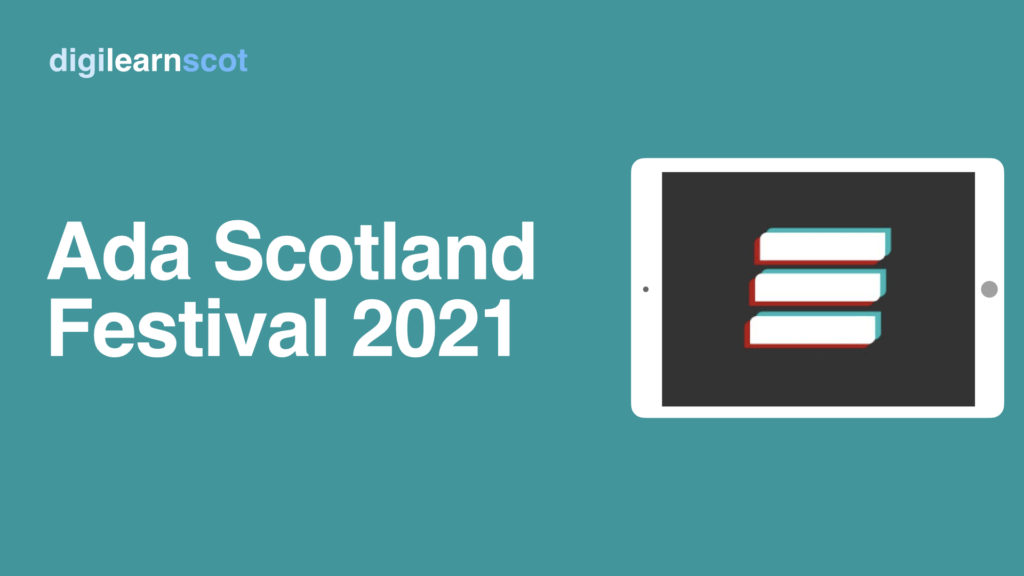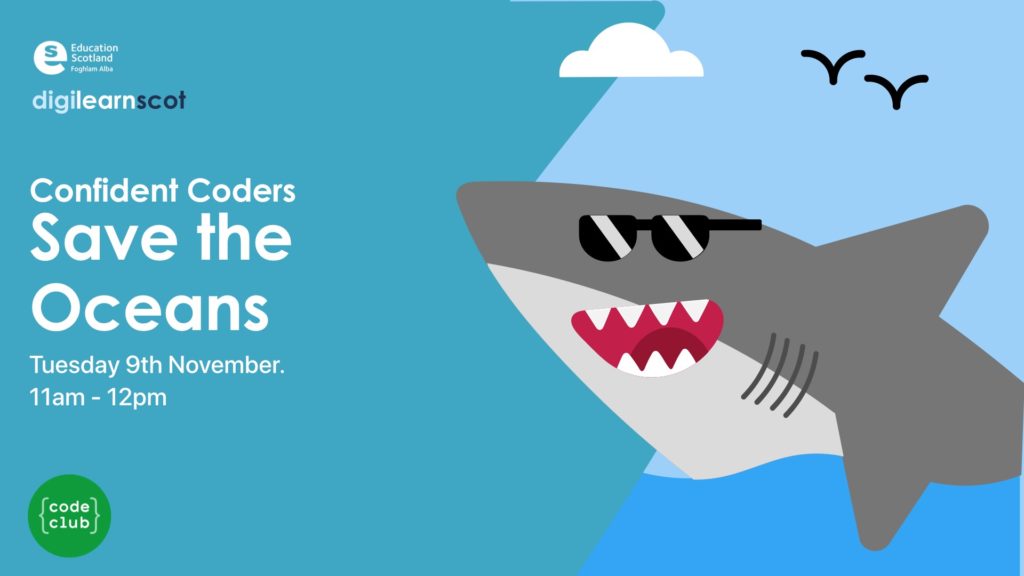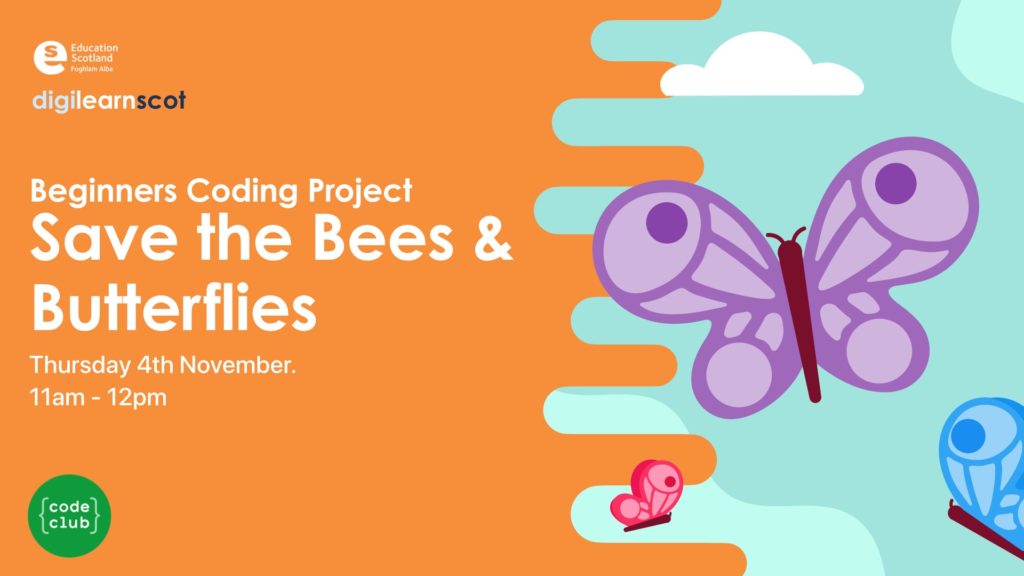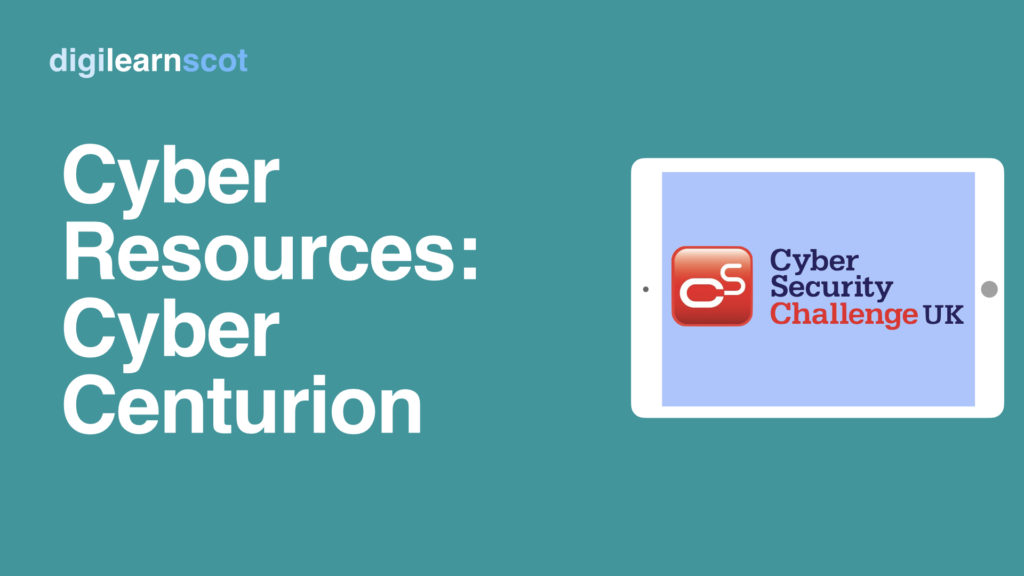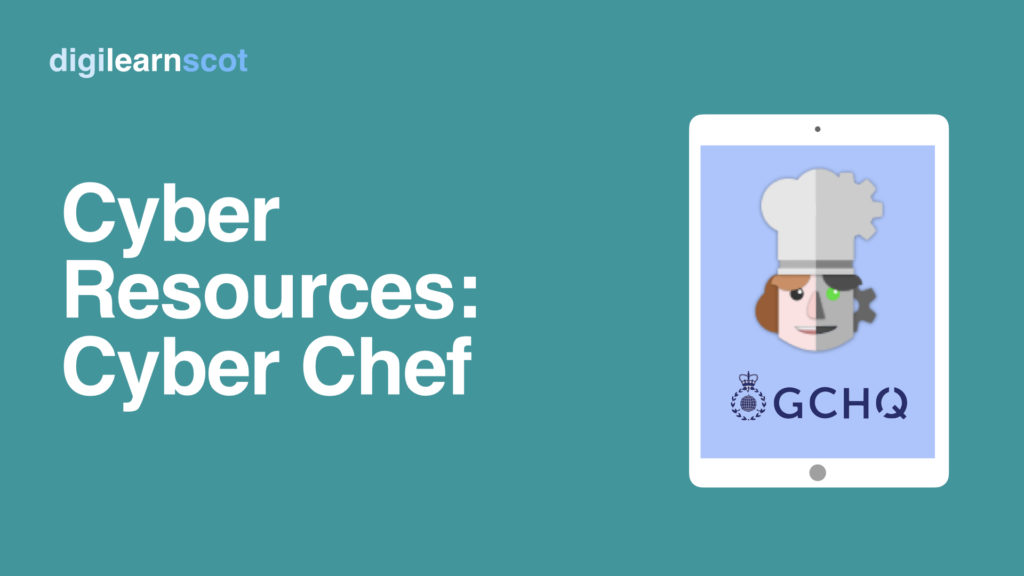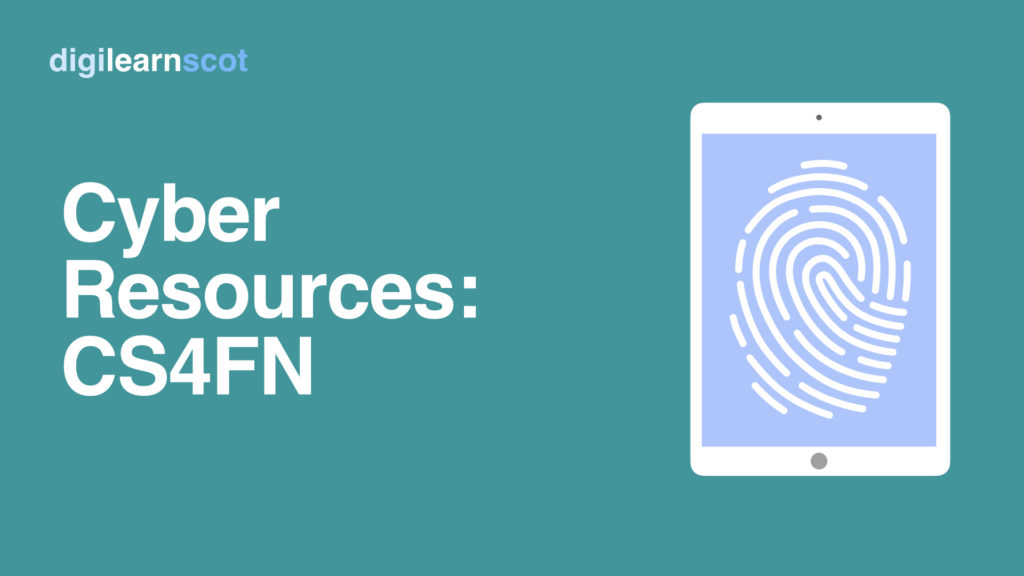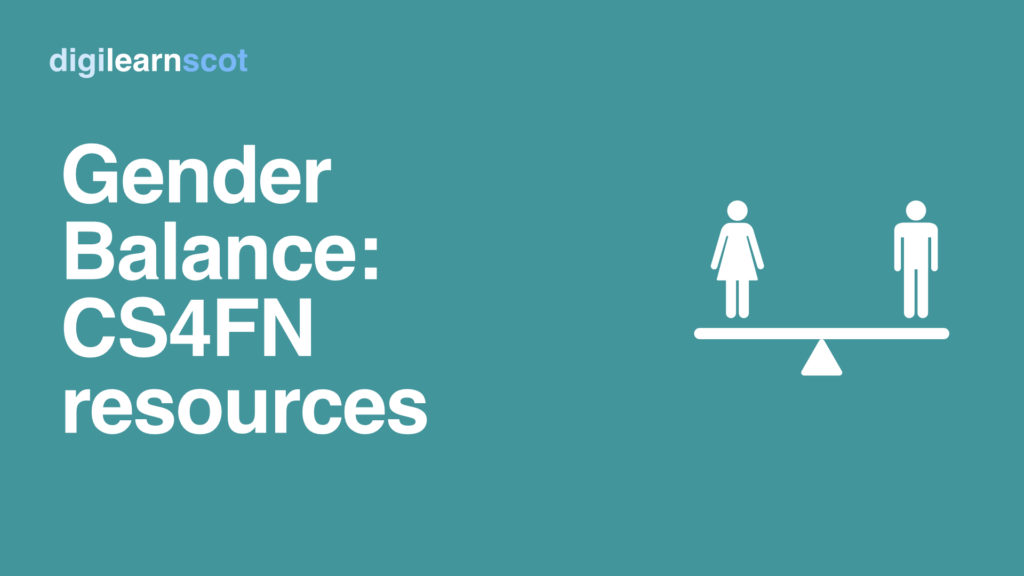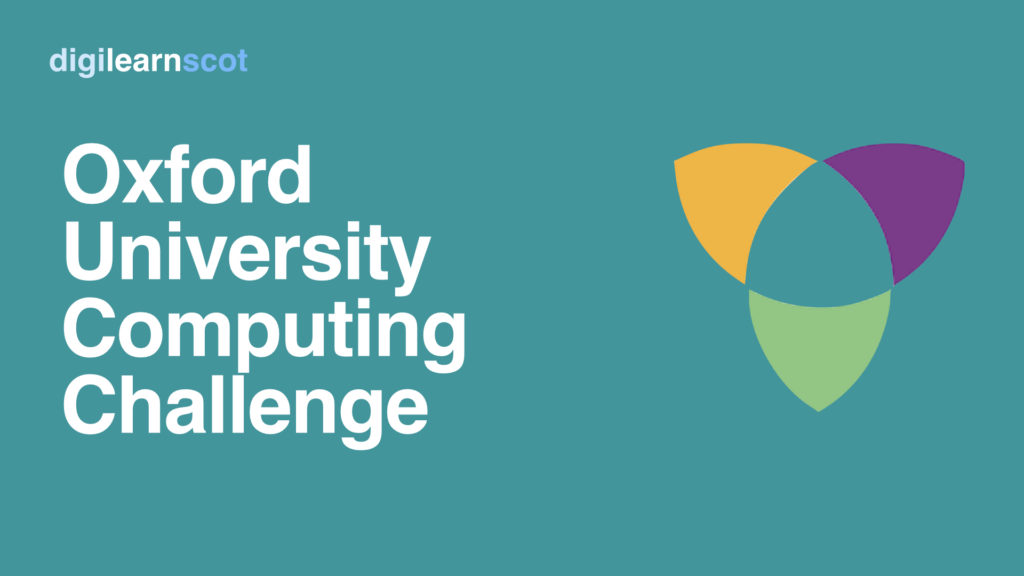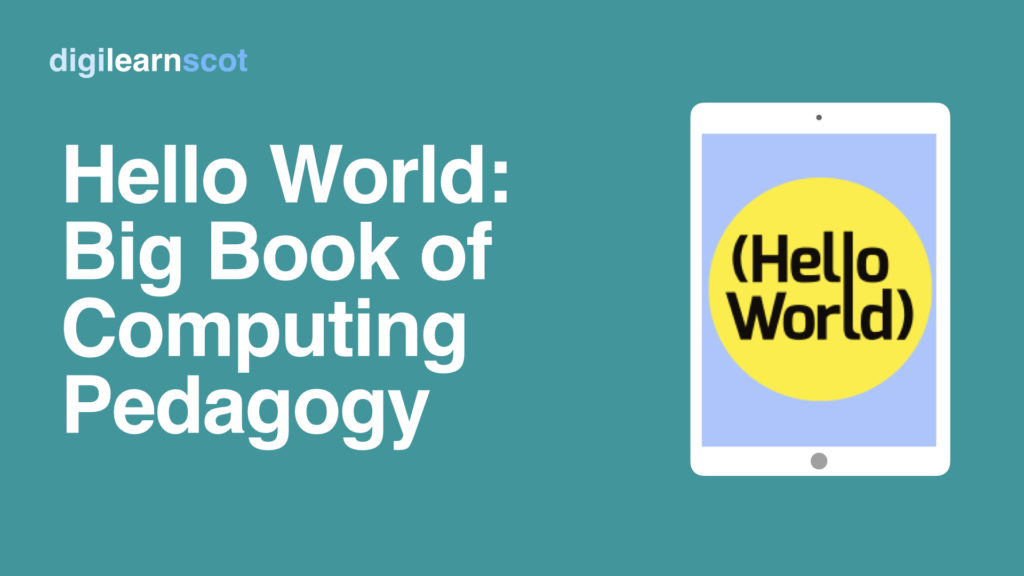Join Apps for Good as they introduce their new Climate Action & Wellbeing Course. They’ll give an overview of the course and encourage teachers to register an interest in piloting the materials to their students in January 2022. The new course will be suitable for S1 upward.
In the 12-session course designed for curriculum or extra-curricular delivery, students work as a team to create a technology product that addresses a climate issue impacting their local community. Students not only learn about climate science, but also about systems thinking and how climate change connects to issues of fairness, equity and justice – and they are supported to use this learning when developing their own products.

